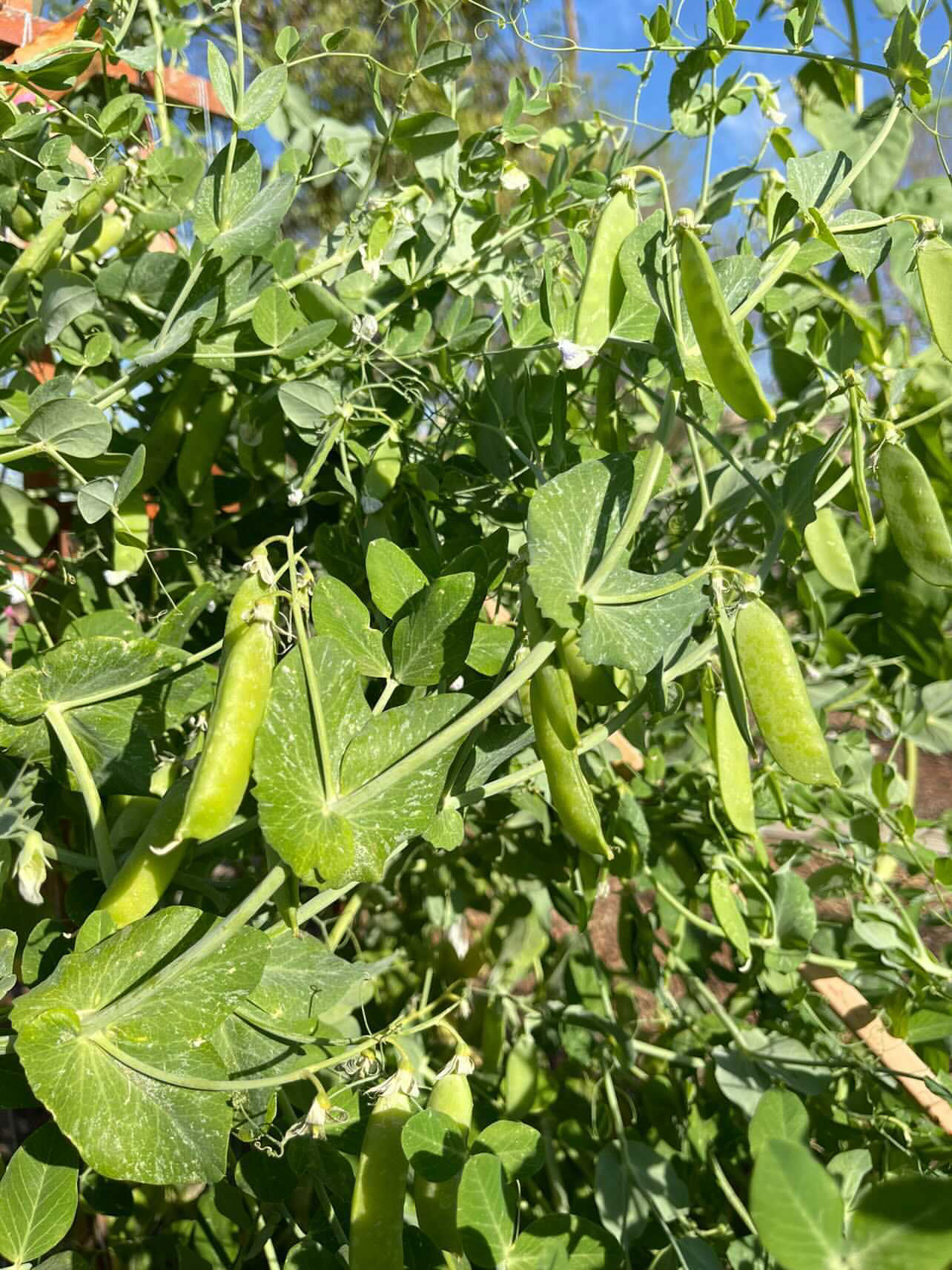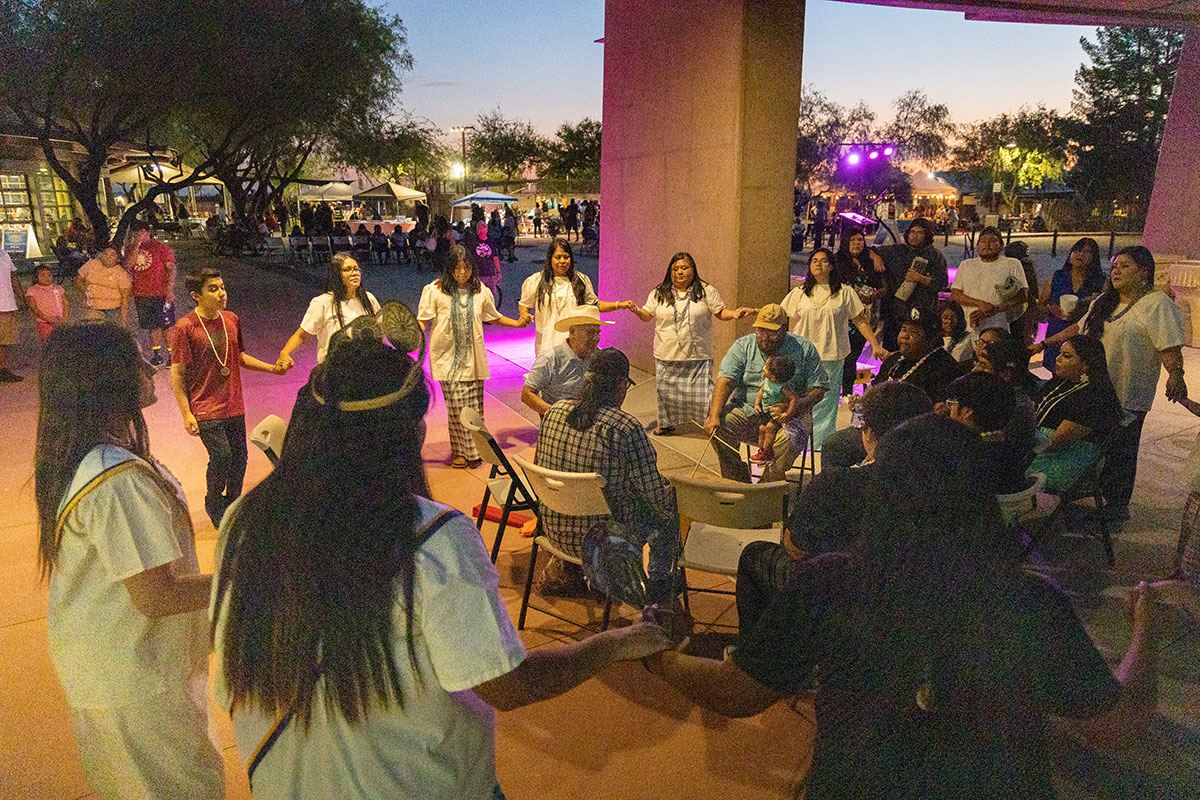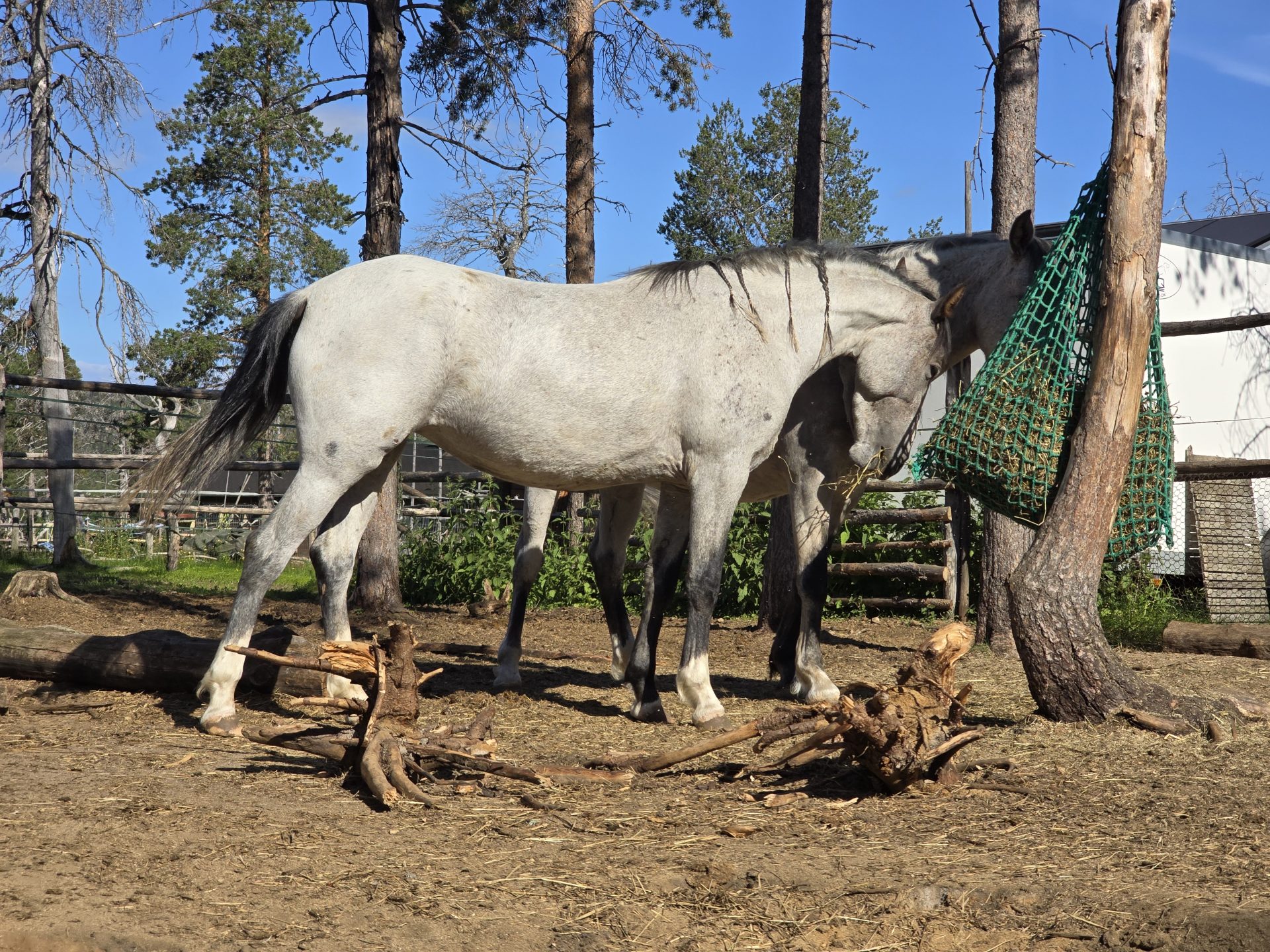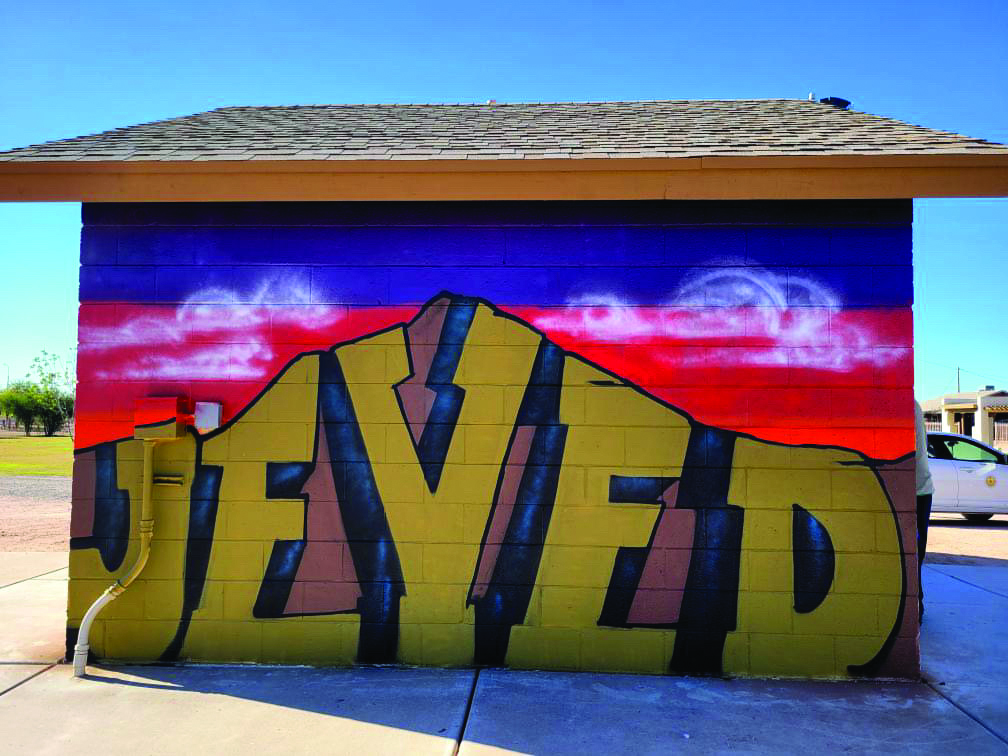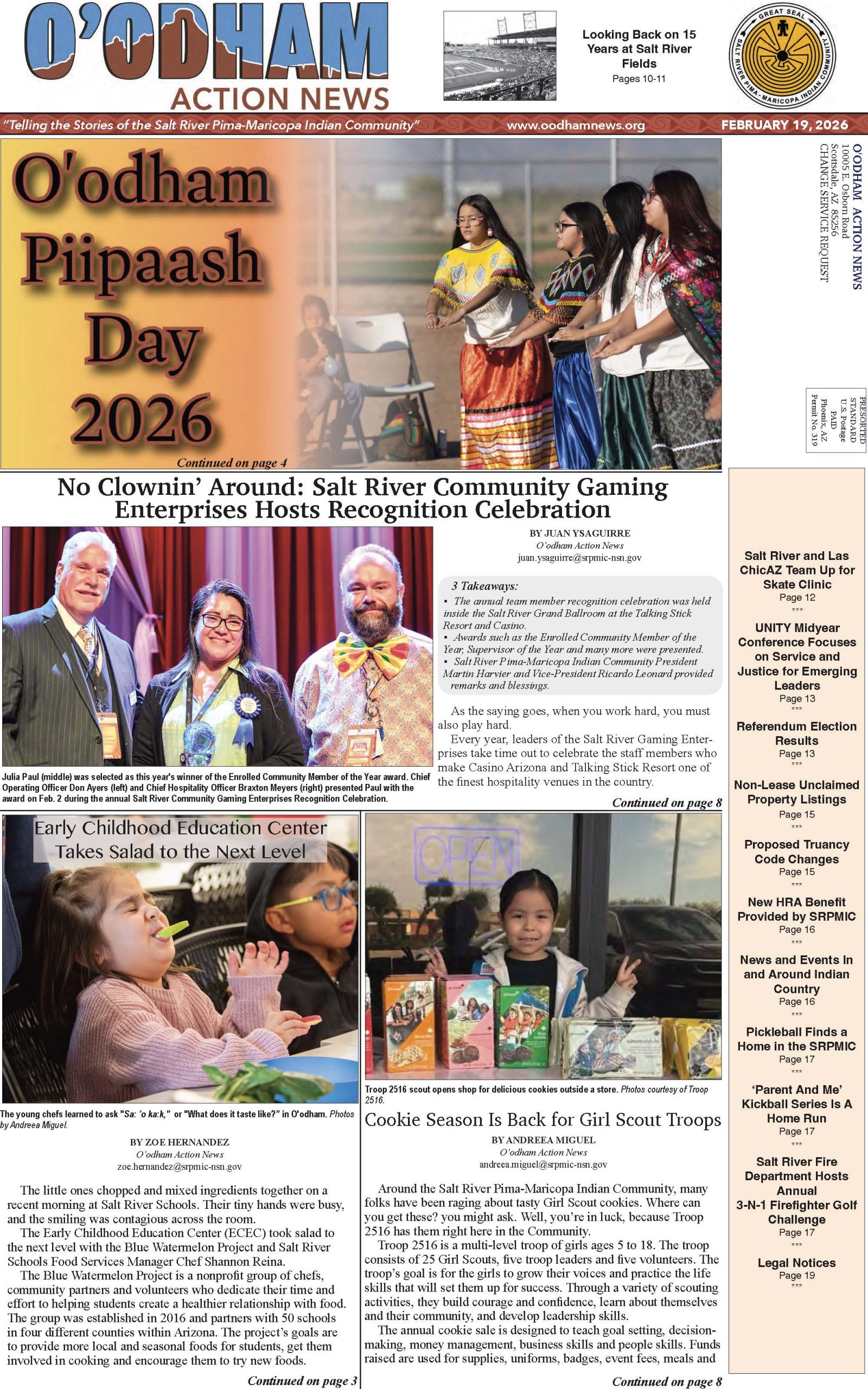VIEWS: 4178
September 7, 2021Connect to the Earth With Native Seeds
As the summer months begin a transition to fall, local gardeners are able to plant fall and winter crops from seed. With the Native Seeds/SEARCH (NS/S) Native American Seed Request Program, Salt River Pima-Maricopa Indian Community members and all Indigenous peoples in the Southwest region can receive up to 10 free seed packets per household per year.
Some seeds at NS/S are available to the general public; however, certain seed varieties are available to members of Native American communities only.
O’odham seed varieties are abundant and include the Salt River Pima pea, Sacaton Aboriginal cotton, Gila Pima Ha:l squash and Bauf, a Pima beige and brown tepary bean collected in the mid-1970s from Santan, on the Gila River Indian Community.
You can even choose a domesticated devil’s claw or a gourd like the O’odham Small Biloba or Wapko, an O’odham dipper gourd.
Through the organization’s Native American Seed Request Program, Indigenous gardeners can access seeds that originate from the many Native American communities throughout the Southwest. This access is intentional, according to SRPMIC Community Garden Coordinator and NS/S Chair Jacob Butler.
“Historically, with the archeological footprints we have, there is evidence to show that there are major trade routes, and these routes extend all the way to Mesoamerica and into the Midwest [from the Southwest region],” said Butler.
“For the Native peoples from Arizona, in order to survive in an arid environment like this, it made more sense to get along with people than it did to fight with them. So, there was a lot of trading going on. Although a seed may be attributed to the O’odham, that doesn’t diminish the relationship that seed may have had in another community. Linguistically, the Hopi and the O’odham are related, and there is evidence that there was a lot of trade going on between these two communities in the pueblo area and on the mesas. Some of the seeds that we have here may have been seeds that they once had, and vice versa. Understanding that seeds were commonly traded among tribes, and keeping the traditional values that these seeds are alive, a lot of tribes, including ours, say that the seeds are their relatives. As a non-Native entity, NS/S doesn’t want to make the statement that this seed belongs to one tribe over another.”
According to the Native Seeds/SEARCH 2020 annual report, the organization donated 7,300 seed packets to the Native American Seed Request Program, which is up 16% from 2019. Additional assistance to COVID-19 relief projects in Native communities were 1,730 packets not included in the Native American Seed Request count. An additional 45.7 pounds of seeds were given to Native communities to supplement community seed stocks.
Butler said that Indigenous gardeners and growers can take advantage of the NS/S Partner Gardener Program, which has some of the rarer seeds at risk of being lost.
“[With the Partner Gardener Program] we will not only help ourselves, but future generations of gardeners here at SRPMIC and all across Indian Country and the general public as well,” said Butler. “If at any time those seeds are at risk of being depleted to the point where NS/S couldn’t offer them anymore, the first tier that would be put on hold would be the general public access.”
For more information about these programs and which seeds you would like to grow, visit www.nativeseeds.org.

